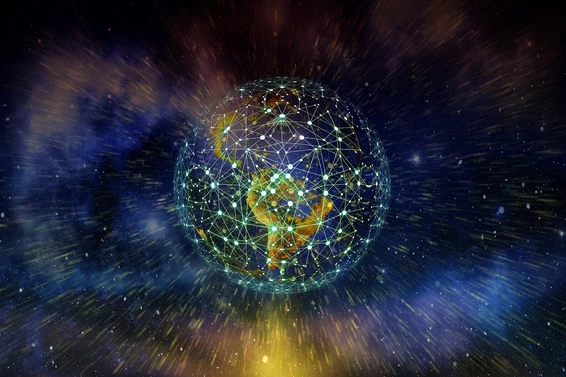Dumb. Silly box. Stupid device. An open window to a closed world.
In this way, the mass public baptized television when, in the middle of the 20th century, it was a widely diffused technology in most Western countries. Several centuries earlier, in 300 BC, the first writings were printed in Greece, and classical philosophers criticized the technology of the book, because “it objectified and demeaned the purity of thought.” Undoubtedly, it was a new technique and it aroused suspicion.

And something similar happened with the cinema when about the end of the year (December 28) in 1895. The brothers Louis and Auguste Lumiere offered the first public projection of moving images. Soon, voices were raised in discord: How could men and women share a dark room at the same time! Something that clearly bordered on an amoral indecency, in those times.
With all this background, it is normal that the Internet, which celebrates its own day every May 17, has also aroused conflicting passions and also critical voices. In 1999, the French communication theorist Dominique Wolton rushed to publish “The Internet, and then?”, a text with a rhetorical title in which a certain skepticism about the digital network as a positive agent is already anticipated.
The truth is that, 20 years after that question, society was in charge of answering the question properly. Profound revolution of the global system –and of the business itself- of telecommunications. An magnificent expansion of the user access to information.
A redefinition of the balance between producers and data consumer; an exponential multiplication of the possibilities for professional development and entrepreneurship, as well as the flourishing of creativity and collaboration. These are just slight samples of the profound positive impact that the Internet has had on our daily lives, in case we wished to answer Wolton.
Of course, everything good comes with its counterpart: cyber bullying, digital crimes, grooming. Live broadcast killings. Illegal data trading. Fake news. They overshadow the digital phenomenon and generate new questions: Does the Internet bring us closer or further away from the ideal of the Information Society?. The Internet Society (ISOC), defined May 17 as The Internet Day so as to give a framework to all global actions that strive to make a dream come true. That “the network of networks” is a truly accessible world resource and to close the peoples´ economic and digital gap.
Meanwhile, a new digital revolution is quietly brewing, driven by new Artificial Intelligence technologies. That will soon challenge fundamental notions of our lives and profoundly change societies again.
Faced with the uncertainties of the new century, I propose another final questions to the reader: Hasn´t technology been always referred to as a tool? Isn’t it true –even today- that a tool can be used for good, and at the same time for evil? and that it is neither good nor bad in itself? If the answers to these questions are positive, then it would be up to us to make use of the Internet for collaboration, or otherwise, transform it into an alienating and dehumanizing agent. Meanwhile, as I celebrate its day, I prefer to think that, where the Internet is concerned, the best is yet to come.



